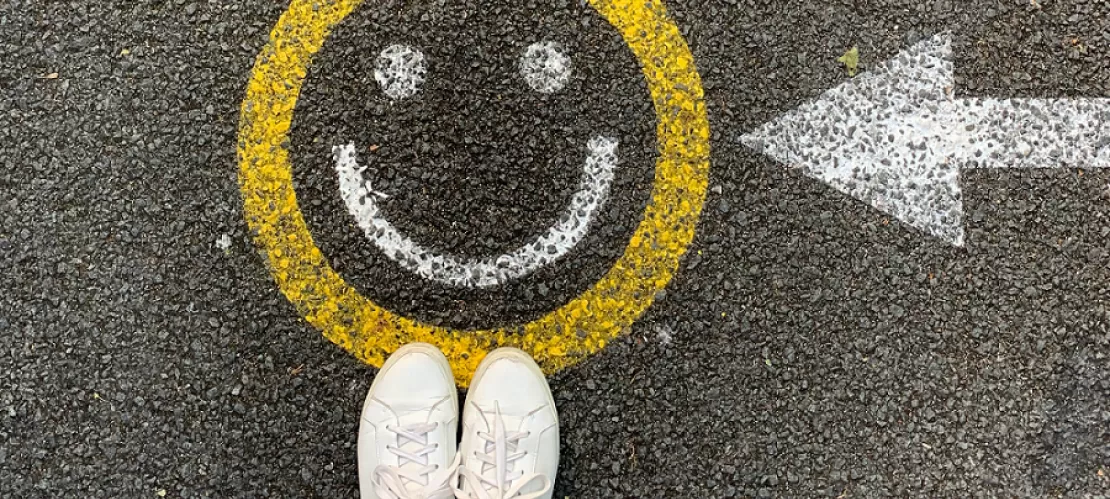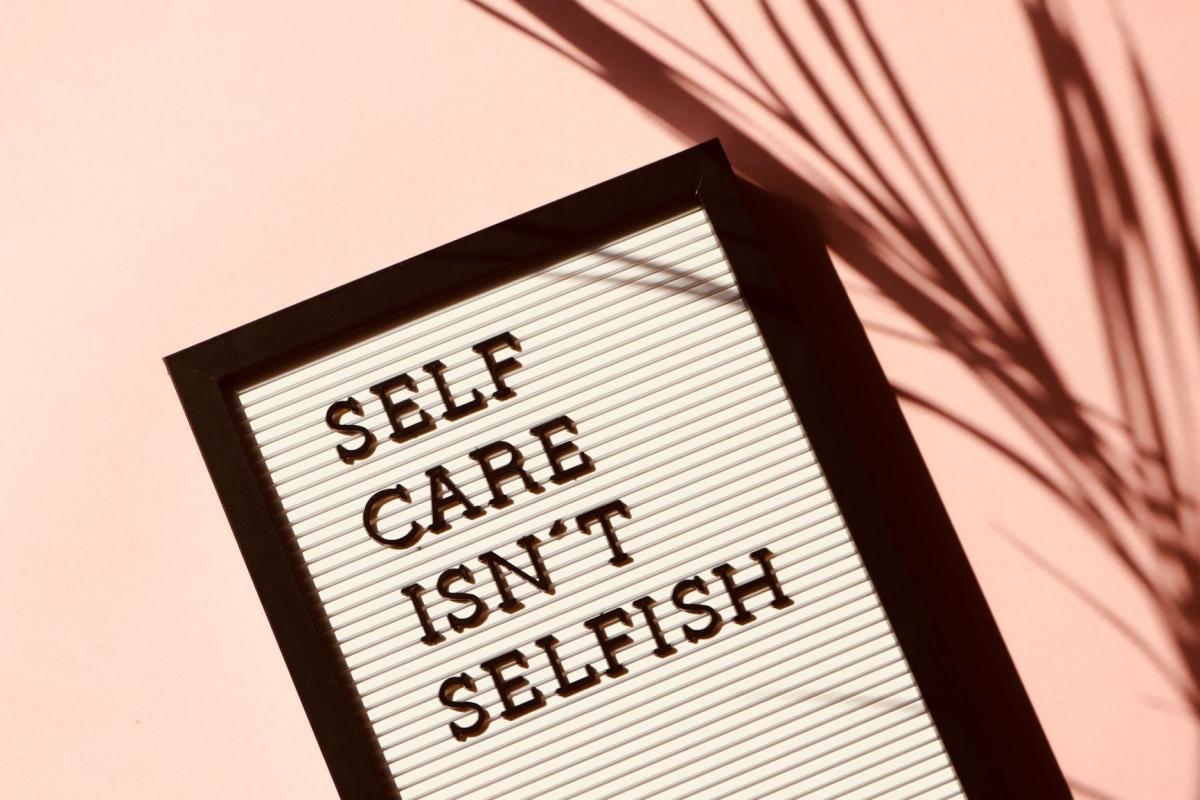
A term that we hear more and more often lately is FOMO: the fear of missing out. In simple words, it is the feeling that makes us want to participate in as many things as possible without allowing ourselves to be excluded from any invitation or activity, thinking we might miss something important or different. Especially when you’re on Erasmus, the fact of having limited available time strengthens these kinds of thoughts. This fear takes control of our logic and priorities, often leading us to making bad decisions without considering several factors. In addition, it deprives us of the pure feeling of happiness or satisfaction when we are indeed having fun or achieving a goal. This way, we don’t give ourselves the time to process all the new experiences, we exhaust both our body and mind, we reach a point of saturation and this is very likely to go lead to a mental breakdown.

People struggling with anxiety issues or mental illness are more likely to feel this way, since overthinking and indecision favour the development of this fear.
What is necessary to do occasionally, is to distance yourself from the foreground and recharge. You have the absolute right to take as much time as you feel you need. The biggest challenge when learning to listen to your needs, to put boundaries and to respect your limits, is to ignore the social pressure. Making yourself a priority and listening to your inner self is a lot harder than it seems. It is a long-term process though, when you commit to starting it, it will benefit you, and once you achieve it, it will accompany you for the rest of your life.
As we all know, Erasmus is a life-changing experience that forces you to escape your comfort zone. As each human being is different, each Erasmus student responds differently to this challenge.
There are people who, despite facing temporary or chronic mental illness, decided to take the first step and give themselves an alternate chance of healing; travelling. They took the risk of not being able to adapt completely or as fast as expected by other people because they decided not to allow their condition to deprive them of the chance to study or work abroad. In many cases, they did their research beforehand, in case they needed mental support during their time away. Having a supporting background during Erasmus preparations is a huge relief on these occasions.

There is also the possibility that a disorder appears in the middle of your Erasmus. Just because you are supposed to be living “the best time of your life”, that doesn’t mean problems or unfortunate events stop existing; facing difficulty in adapting or making friends, not being able to follow up with the courses or even a toxic relationship, are just a few examples of what can cause a mental problem. You should not be afraid to ask for help. Don’t force yourself to get over it soon, in order not to miss much. In this way, you’ll definitely need more time to recover.
I’ve even met people that couldn’t concentrate to study in their home country anymore and decided to go on Erasmus, not to take a break, but to manage to graduate. So, they spent most of their time studying and discovering themselves, instead of socialising. Guess what, that didn’t make them feel that their Erasmus was lacking importance, as they were enjoying their decision.
What I wanted to mention and make clear through all the above is the following: your Erasmus is your personal special experience, and nothing reduces or steals its uniqueness and sparkle!

Erasmus might be a bubble, far from everything familiar that allows you to lose track of time and space and discover yourself, but it remains a part of your life. Make sure you choose the memories that will accompany you and adjust the experience to your individuality.
Enjoy it and never compare it to the experience of others!
